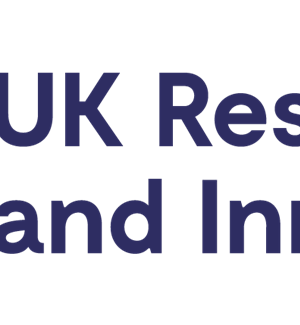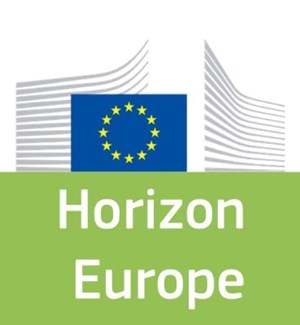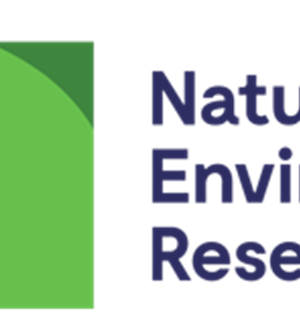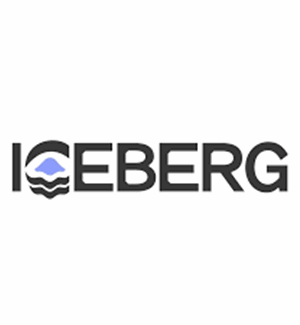- Instituto Tecnologico del Embalaje, Transporte y Logistica - Spain,
- Tampereen Korkeakoulusaatio Sr - Finland,
- Qsar lab spolka z ograniczona odpowiedzialnoscia - Poland,
- Axon Enviro Group Ltd - Greece,
- Universiteit Hasselt - Belgium,
- European Foundation for the Care of Newborn Infants (EFCNI) - Germany,
- Ethnikos Organismos Dimosias Ygeias - Greece,
- Aristotelio Panepistimio Thessalonikis - Greece,
- International Iberian Nanotechnology Laboratory (INL) - Portugal,
- Terveyden ja hyvinvoinnin laitos (THL) - Finland,
- Yordas GmbH - Germany,
- Universitat de València - Spain
The UPRISE project aims to unravel the complex mechanisms by which air pollution, in particular ultrafine particles (UFPs) and micro-nanoplastics (MNPs), disrupt normal fetal development leading to an increased risk of adverse birth outcomes (ABOs), including preterm birth, increasing the risk of premature children to develop a range of non-communicable diseases (NCDs) in adulthood. UPRISE will develop exposure databases and assessment models for these emerging pollutants in different exposure scenarios to improve our understanding of their sources, concentrations and dispersion patterns. UPRISE will include a clinical study with pregnant participants exposed to different levels of UFPs and MNPs pollution to analyse possible modes of action leading to ABO based on transcriptomic, epigenetic or mitochondrial mutation analysis and subsequently identify possible key events, including molecular initiating events. As a result, causal models supported by weight-of-evidence analysis will be developed to demonstrate the link between contaminant uptake and events triggering the ABO of interest. To facilitate the dissemination of results and their application in policy-making, UPRISE will develop user-friendly tools for reporting and sharing data, with the aim of facilitating the integration of scientific evidence into the updating of European and national air quality standards. By advancing in the quantification of the public health impact of prenatal air pollution exposure and providing guidelines and decision support tools for policy makers, the project will contribute to reducing the burden of NCDs associated with preterm birth and other ABOs.
Want to analyze based on this project via our analysis tool? Analyze this project
Knowledge Gaps
Fate and behavior within an organism
Environmental fate and behavior of plastic
Reproductive and teratogenic effects
Mode of action (MOA)
Human toxicity





